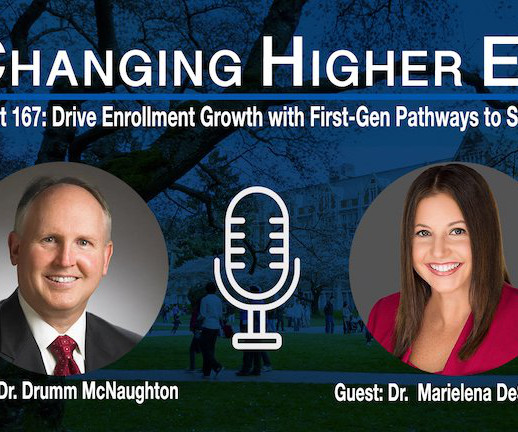How schools are expanding student mental health support without hiring more counselors
EAB
MAY 5, 2023
The Eight Dimensions of Wellness, developed by Dr. Peggy Swarbrick at Rutgers University and embraced by the US Substance Abuse and Mental Health Services Administration, is a strengths-based model to promote mental health and wellbeing. By combining these concepts, we can align our programs and services to support wellbeing more effectively.












Let's personalize your content